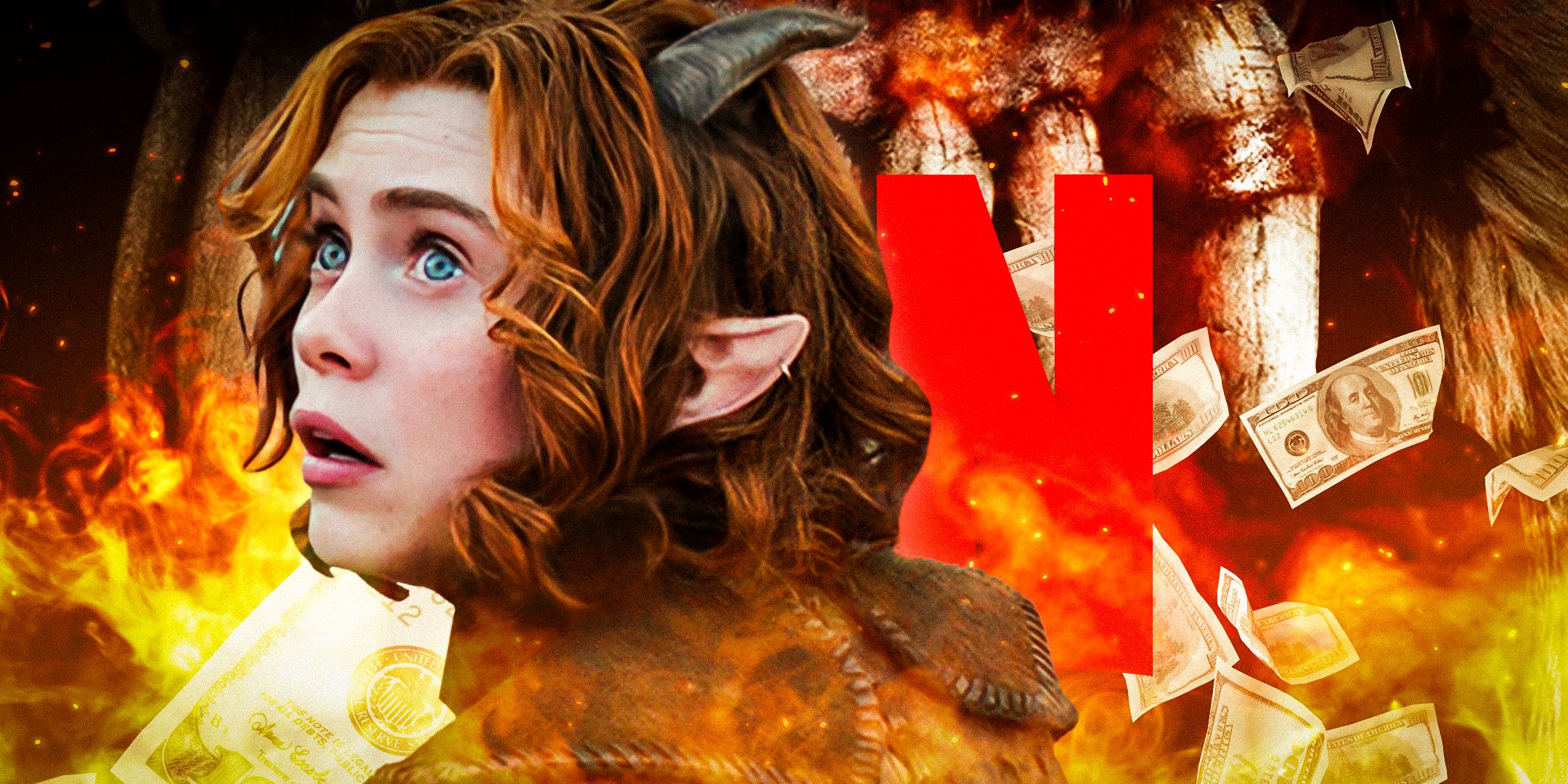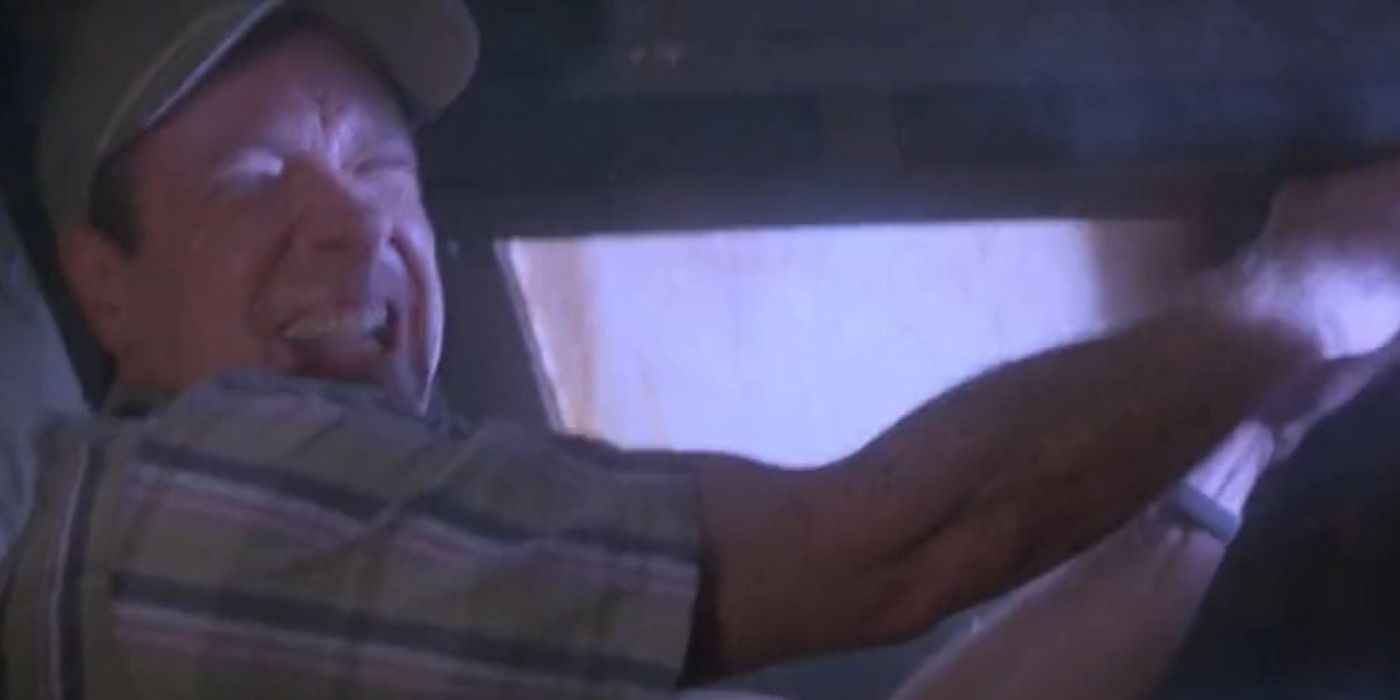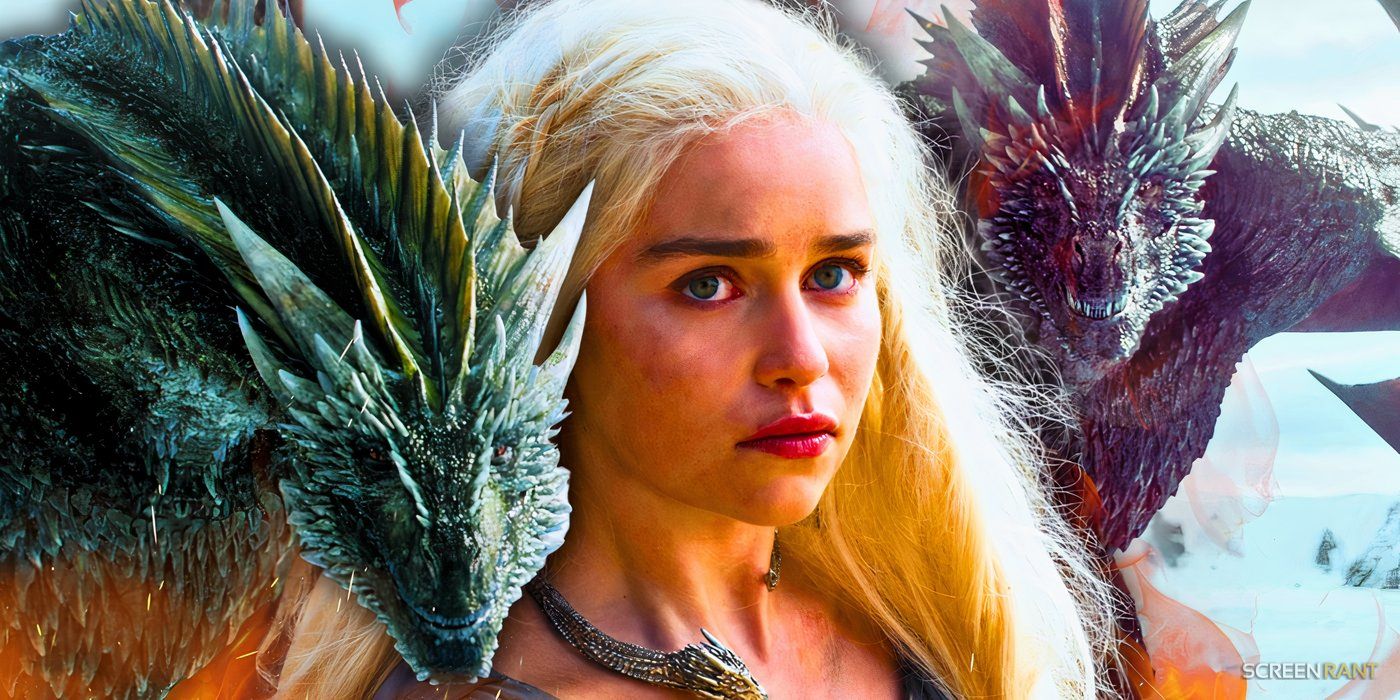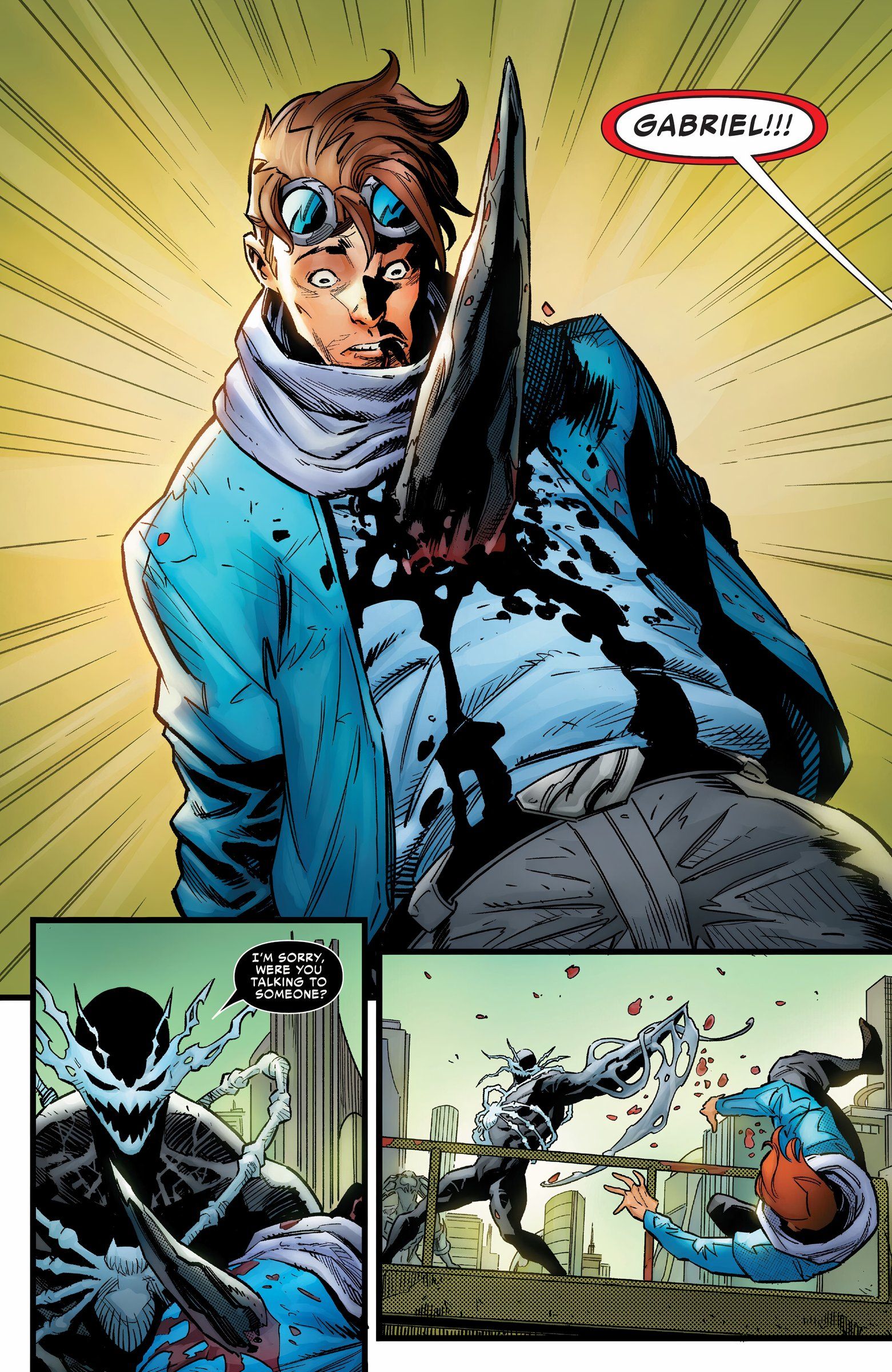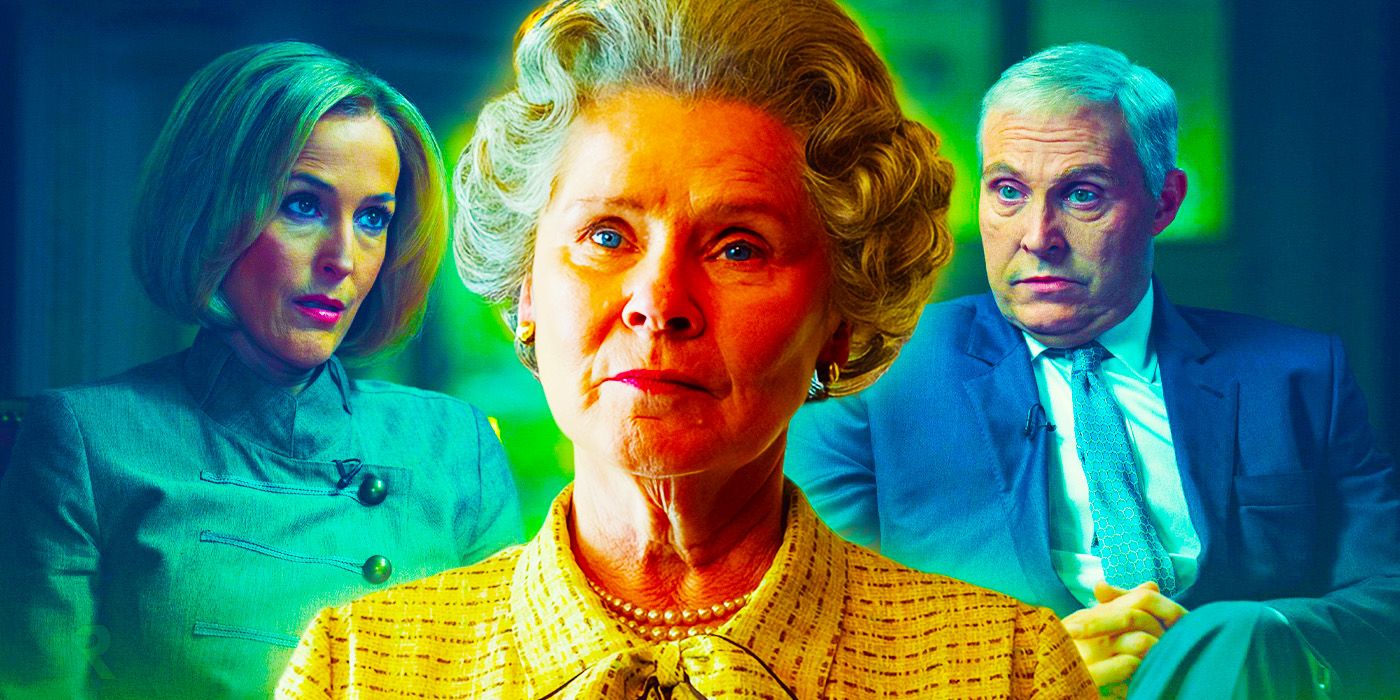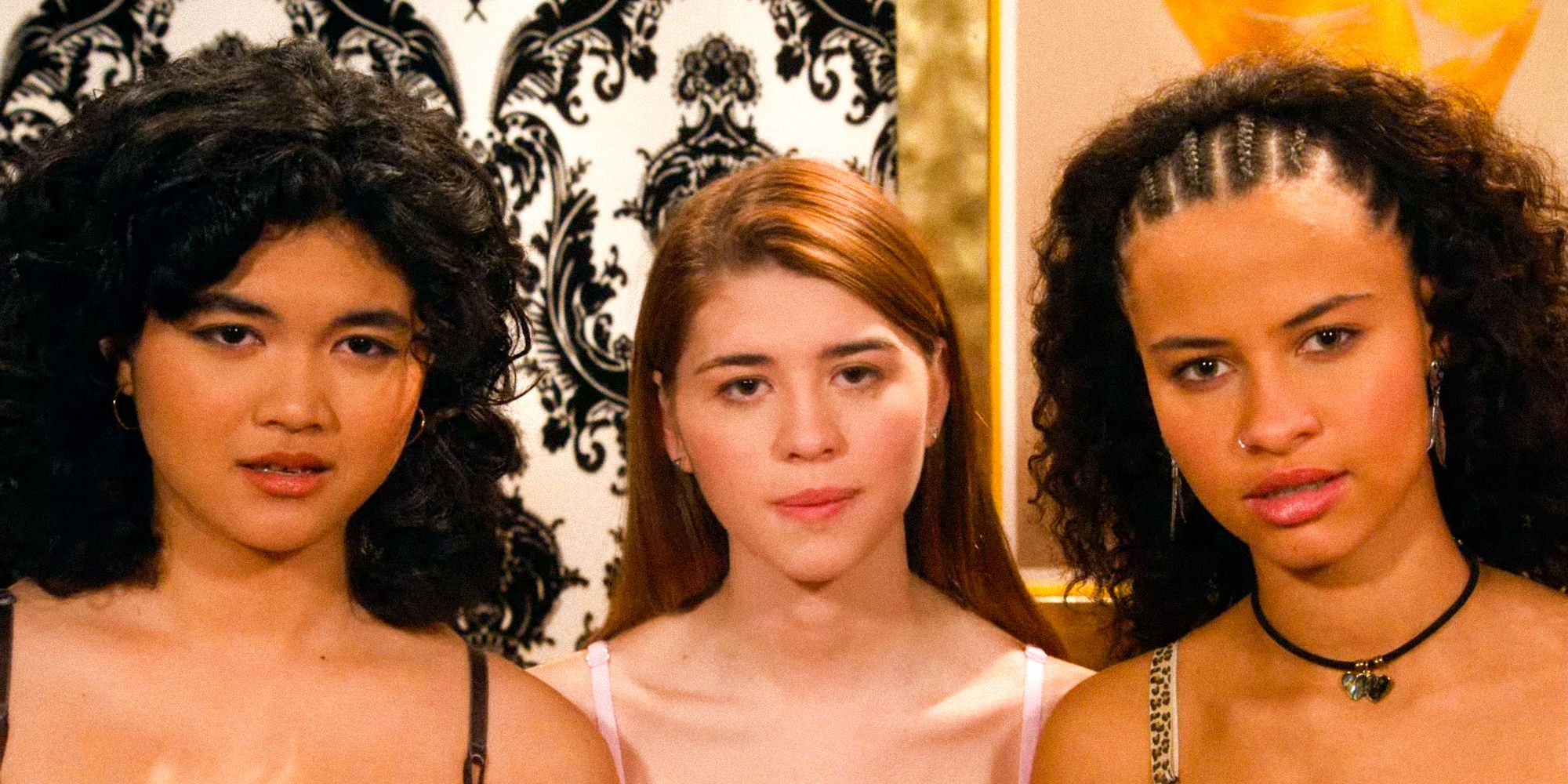Mortal Kombat is one of the most iconic fighting game franchises in the world, but its robust worldbuilding could serve as the foundation for something more. Thus far, the series has seen story arcs spanning several timelines and numerous worlds, all of which are ripe for more in-depth exploration. While the fighting game genre is inseparable from the DNA of Mortal Kombat, its setting and history could be used to even greater effect by taking the franchise in a bold new direction.
Since the release of Mortal Kombat 11, no concrete news has surfaced regarding the series’ future, but now would be the perfect time to push Mortal Kombat‘s boundaries with a new game in an entirely different genre. A modern reimagining of Mortal Kombat could take many forms, but perhaps the most enticing would be a title similar in gameplay and tone to God of War: Ragnarök. With the right protagonist and narrative, a serious and introspective Mortal Kombat action RPG could give fans of the franchise unprecedented freedom to explore its world, characters, and lore.
Mortal Kombat’s Setting Deserves A Great RPG
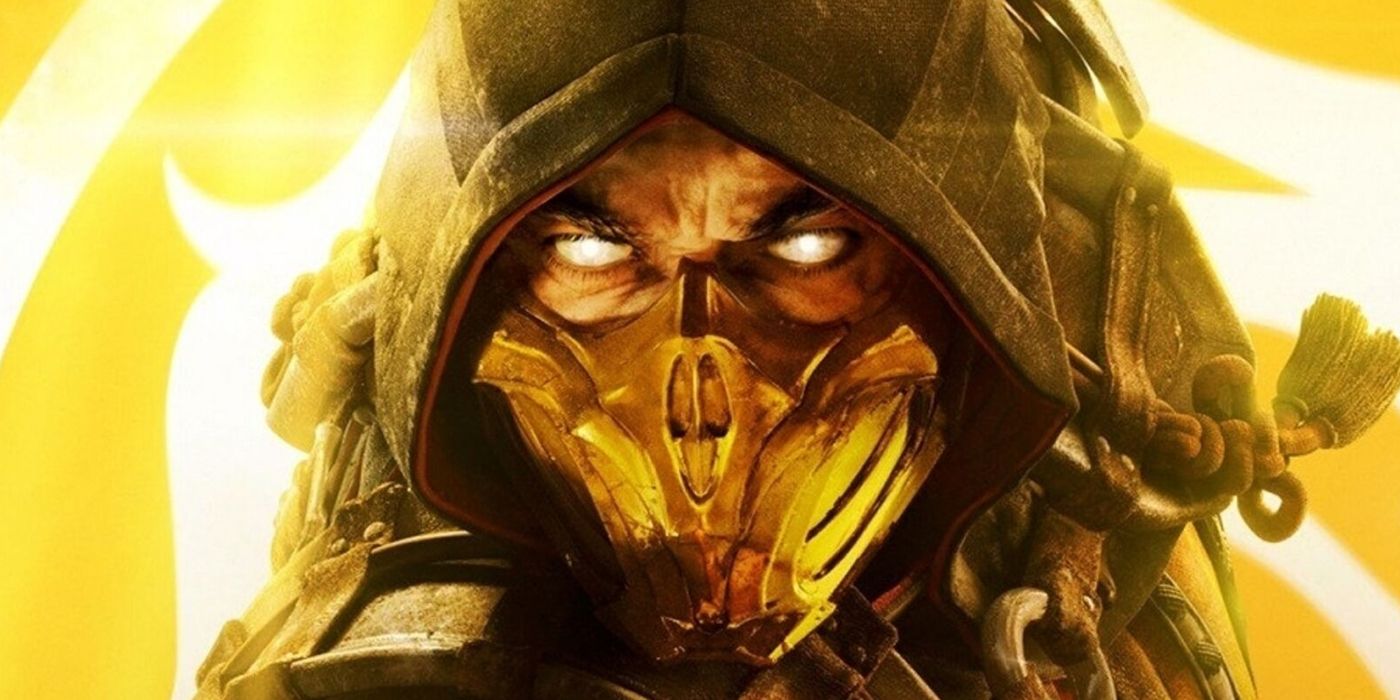
Some previous Mortal Kombat titles, such as the 3D action-adventure game Mortal Kombat: Shaolin Monks, have broken from its primary formula in the past, proving that the series can embody new genres to great effect. The sheer size and diversity of its cast would allow for any number of executions of this concept, but there are several obvious avenues. For example, NetherRealm could put players in the shoes of Sub-Zero or Scorpion (or both) to re-experience their tragic shared history in a new way. The Mortal Kombat series’ timeline offers a number of events that could be adapted and characters whose stories could be expanded upon. 2018’s God of War added another dimension to the story of the entire series, and a Mortal Kombat game in the same vein could be just as impactful.
As epic and expansive as Mortal Kombat‘s stories have been, the trappings of one-on-one death matches undoubtedly places limits on the series’ narrative structure, no matter how accustomed to it the developers have become. Entering a genre that is often more cinematic and less restrictive in terms of gameplay could shock the series’ system, keeping its trademark brutality while letting players interact with the world in an entirely different way. The lore of Mortal Kombat is also robust enough to support being put on display in this way; while the mythology of God of War primarily adapts real-world religions, Mortal Kombat has its own creation myth, deities, and entire planets that players could be free to explore.
The new era of God of War games may not complement the tone of Mortal Kombat at first glance, but the same could be said for the original set of God of War games. By showing the universe of God of War in a newer, more introspective light, Sony Santa Monica has managed to elevate the franchise, and Mortal Kombat deserves the same treatment. Rather than simply continuing to reboot the franchise’s extensive timeline, Mortal Kombat could branch out and pave the way for far more interesting future stories than its current format would allow.
